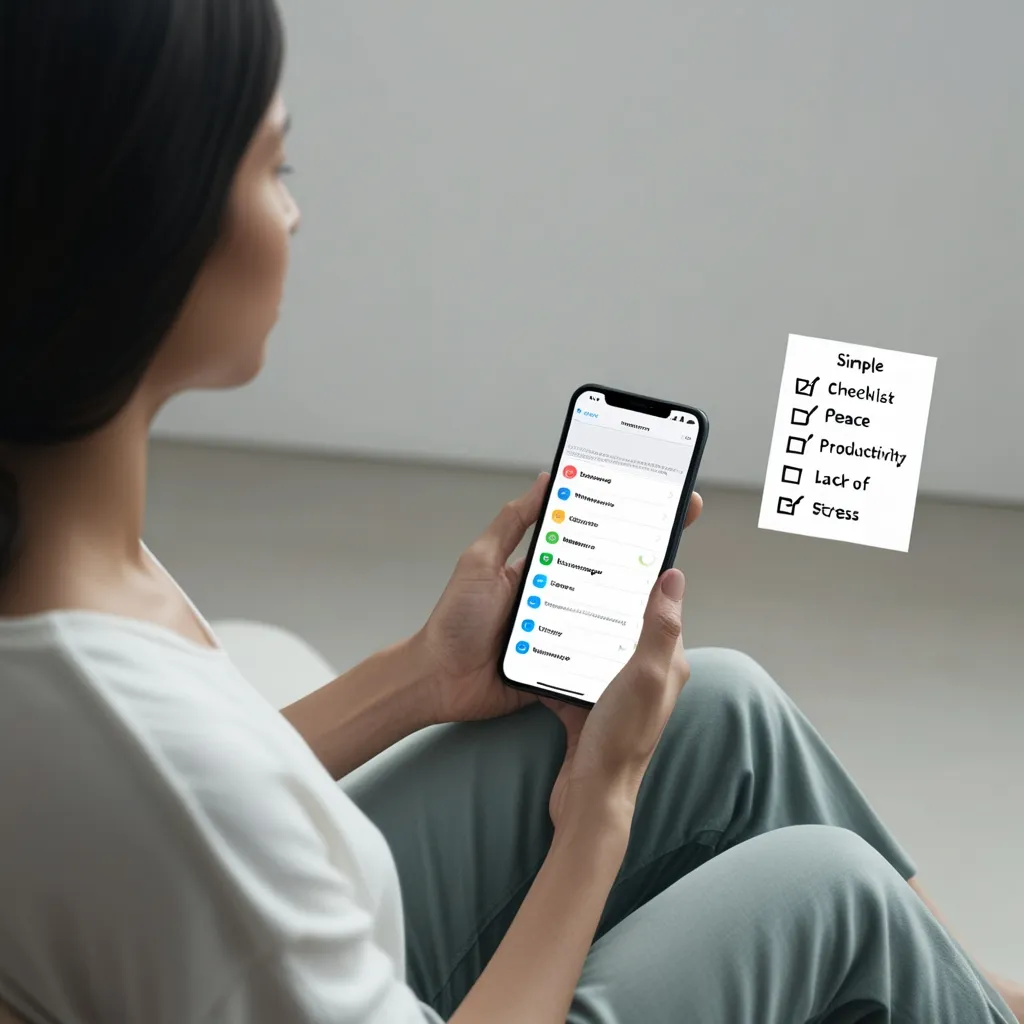In the relentless pursuit of efficiency, we often find ourselves grappling with the finite nature of time. The concept of compressing time, therefore, emerges as a compelling strategy to amplify productivity in both personal and professional spheres. This approach is not about cutting corners or sacrificing quality; rather, it’s about streamlining processes and eliminating unnecessary activities that do not contribute to our overarching goals.
The Art of Task Stacking
Imagine your daily commute as an opportunity, not a chore. By combining complementary tasks, you can maximize efficiency and turn otherwise wasted time into productive moments. For instance, listening to educational podcasts during your commute or exercising while taking phone calls can significantly enhance your productivity. This technique, known as task stacking, allows you to multitask without the pitfalls of context-switching, which can reduce focus and increase the time spent on individual tasks.
As the renowned productivity expert, Brian Tracy, once said, “The key is not to prioritize what’s on your schedule, but to schedule your priorities.” By stacking tasks, you prioritize your time more effectively, ensuring that every moment counts.
The Power of the 5-Minute Sprint
Have you ever found yourself struggling to start a task, only to discover that once you begin, you can’t stop? The 5-Minute Sprint is a technique that leverages this phenomenon. Set a timer for five minutes and work intensely on a single task. This short burst of focused effort often builds momentum, leading to extended periods of concentration beyond the initial sprint.
The idea is simple yet powerful: by committing to just five minutes, you overcome the initial resistance to starting a task. Before you know it, you’ve made significant progress and are eager to continue. This technique is particularly useful for tasks that seem daunting or require a high level of concentration.
Rapid Prototyping: The Fast Lane to Progress
Innovation often requires iteration, but traditional methods can be slow and cumbersome. Rapid prototyping changes this by encouraging the creation of quick, rough versions of projects or ideas. This fast iteration process accelerates progress and provides tangible results for refinement.
Rapid prototyping is about action over perfection. It’s about testing ideas quickly and learning from the results. As Steve Jobs once said, “Innovation distinguishes between a leader and a follower.” By adopting rapid prototyping, you position yourself as a leader, constantly pushing the boundaries of what is possible.
The 2x Method: Pushing Your Limits
Ever wondered how much more you could achieve if you simply worked faster? The 2x Method involves experimenting with completing routine tasks at twice your normal speed. This technique pushes your limits and often reveals inefficiencies in your current processes.
By doubling your speed, you force yourself to streamline your workflow. You eliminate unnecessary steps and focus on the essential actions required to complete the task. This method is not about sacrificing quality but about optimizing your time usage. As the saying goes, “The best way to get started is to quit talking and begin doing.”
Constraint-Based Productivity: The Power of Artificial Deadlines
Sometimes, the best way to boost productivity is to impose artificial deadlines or limitations on your work. This technique, known as constraint-based productivity, can spark creativity and force efficient decision-making.
Imagine having only a few hours to complete a project that would normally take days. The pressure can be intense, but it also fosters a sense of urgency and focus. By imposing these self-imposed constraints, you avoid procrastination and ensure that every moment is utilized effectively.
As the famous writer, Ernest Hemingway, once advised, “We are all apprentices in a craft where no one ever becomes a master.” By working within constraints, you become more adept at managing your time and resources, ultimately mastering the art of productivity.
The Environment of Efficiency
While time compression techniques are powerful tools, they are only as effective as the environment in which you operate. A workspace tailored for efficiency can significantly compress the time required to complete tasks, thereby amplifying output.
This involves a meticulous approach to organizing your physical and digital spaces, aligning them with your personal workflow, and incorporating tools that foster focus and minimize distractions. For instance, ensuring that your furniture and equipment are ergonomically arranged can reduce fatigue and maintain energy levels throughout the day.
The Role of Technology
In today’s digital age, technology plays a pivotal role in time compression. Modern tools and applications offer myriad ways to save time. Automating bill payments, using grocery delivery services, or leveraging project management software can reclaim hours each week.
By leveraging these technological advancements, you can compress time, turning what was once a marathon into a sprint. As the entrepreneur and author, Tim Ferriss, notes, “Focus on the top 20% of your tasks that will produce 80% of your results.”
Conclusion
Time compression techniques are not just about getting more done in less time; they are about living a more efficient, productive life. By prioritizing tasks, using the 5-Minute Sprint, engaging in rapid prototyping, experimenting with the 2x Method, and imposing constraint-based productivity, you can achieve remarkable results.
As you embark on this journey of time compression, remember that it’s a continuous process of refinement. Each technique you adopt will reveal new insights and opportunities for improvement. So, take the first step today, and watch as you transform your time management skills and achieve more than you ever thought possible.
In the words of the legendary productivity guru, Gary Keller, “You don’t have to be great to start, but you have to start to be great.” Start your journey now, and see the incredible impact time compression can have on your life.






